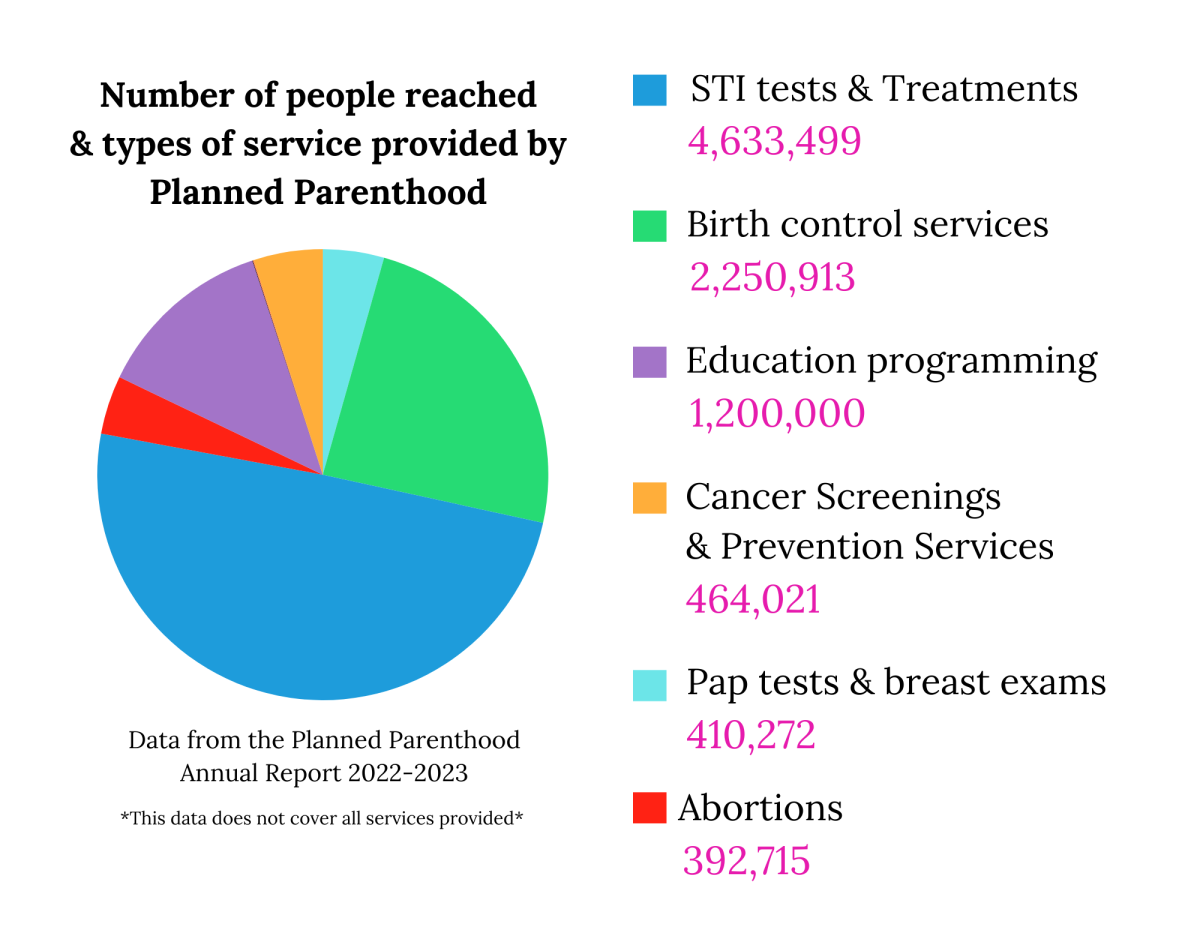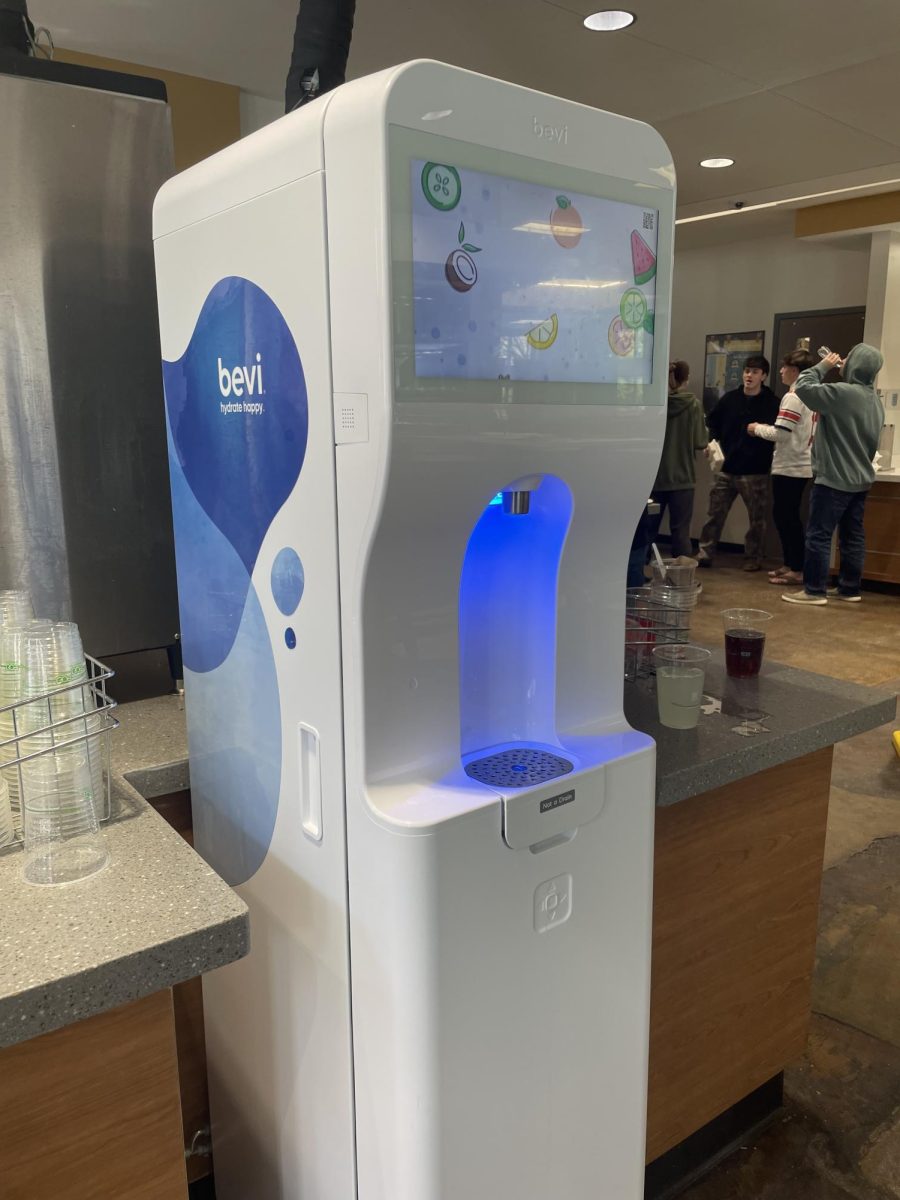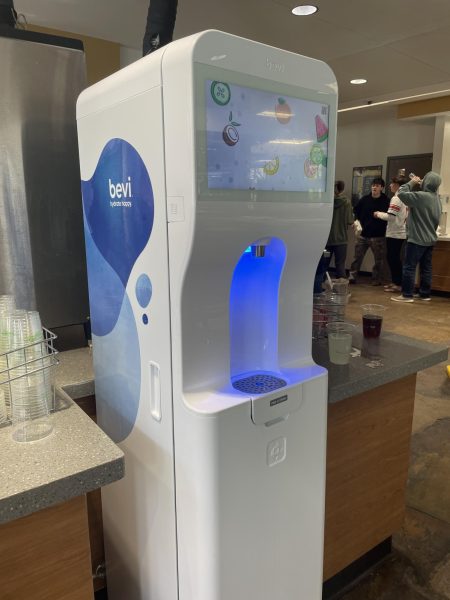Perspective of student with aspirations in the publishing industry
I’m contemplating my future career field after the editor of the wildly successful novel The Atlas Six, resigned from her position at Tor Books publishing, citing systemic issues within the structure of publishing houses.
Molly McGhee, the editor of The Atlas Six, posted her resignation letter via Twitter on March 11. McGhee said she is resigning after being denied a promotion following the success for her acquisition of The Atlas Six, which made number three on the New York Times bestseller list. She said the success should have been a career starter, not a time of shut doors.
She said her resignation was also due to the invisibility of the workload in the junior-level staff mostly filling in the gaps for technologically illiterate executives.
It can leave people looking to join this industry in the next couple of years, the juniors and seniors of Coastal and other universities, feeling uneasy about aspirations. As a junior English and Communication double major with experiences in publishing and being published, I feel I have set myself up for a field with a bleak outlook.
Not too long ago, I dreamed of going to New York and working for some publishing company with amazing authors and their work. What was once ideal now seems dystopian. I feel somewhat caught between a rock and a hard place.
It is either entering the workforce with the wasted experience of working with publications and being published on campus, or entering a field that is determined to burn out its entry and mid-level employees without recognition of the work they do.
But, I don’t think all hope is lost. While it’s not pleasant to hear about this dark side of the industry, it is important these facts come out as fresh faces enter the workforce. If we can understand an issue, there is opportunity for change, for innovation within the industry and with other industries as well.
As we enter these fields within the next couple of years, and, for some, in the next couple of months, it’s important to acknowledge these faults so we can put pressure on this industry to adequately compensate people for their labor both monetarily and through recognition of experience. It is important to understand these issues so there can be room for improvement, for innovation in the industry that advances publishing further beyond the antiquated systems that operate on the worker’s expense.
The latest advance in the industry could be invented tomorrow. Publishing heads could raise wages next week. You never know what might happen in the future, but the important thing is to not let what McGhee revealed here slip under the rug. This conversation must continue for change and advancement in the industry.





























